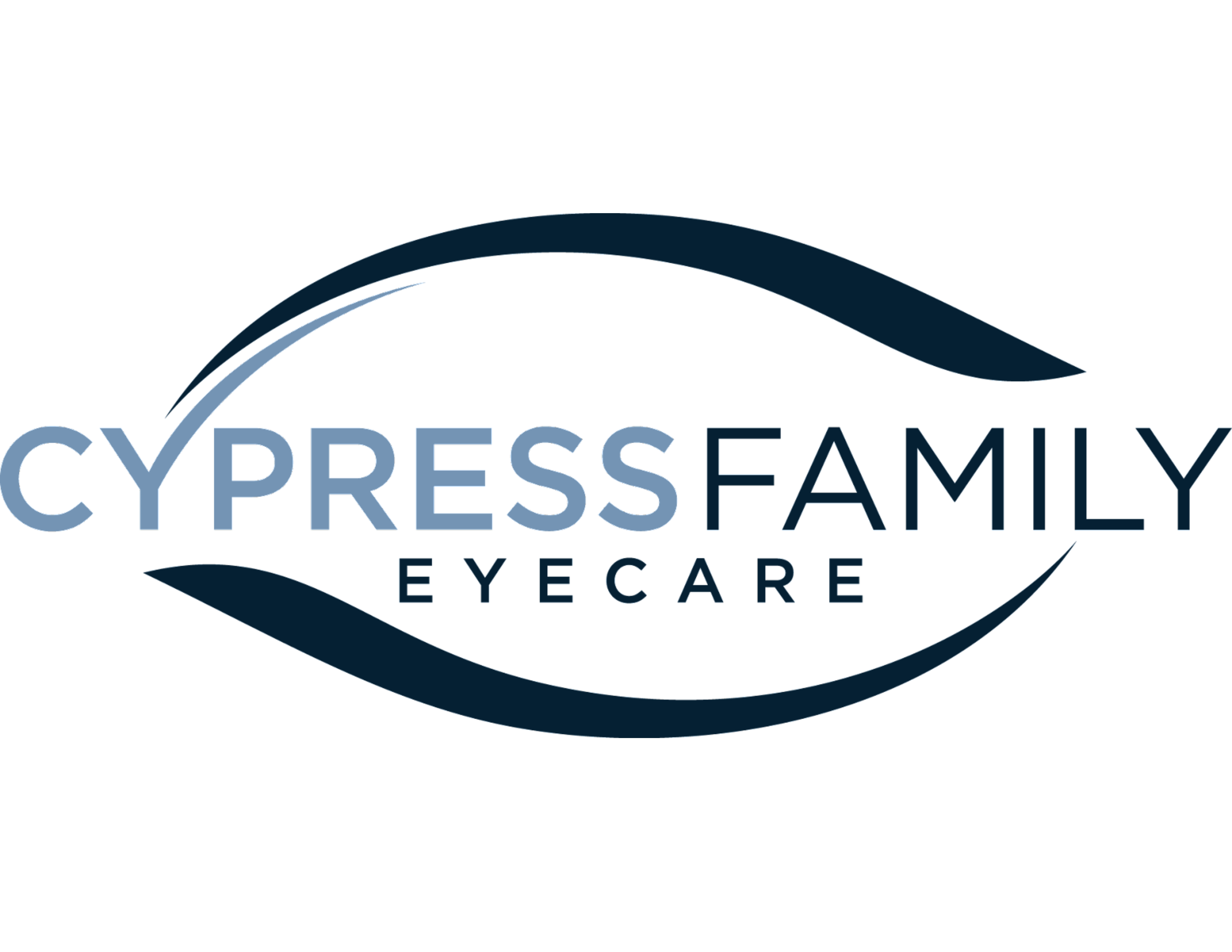Macular degeneration is a chronic eye condition that affects the central part of your retina, known as the macula. The macula is responsible for sharp, detailed vision, which is essential for activities like reading, driving, and recognizing faces. When it gets damaged, your central vision becomes blurry or distorted, making everyday tasks difficult.
Age-related macular degeneration (AMD) is the most common form of this disease, primarily affecting people over the age of 50. The exact cause of AMD is unknown, but factors like age, genetics, and lifestyle choices can increase the risk. Smoking, poor diet, and lack of exercise can also contribute to the development of AMD.
Types of Macular Degeneration
There are two main types of macular degeneration: dry (atrophic) and wet (neovascular). Understanding the differences between them is essential for proper diagnosis and treatment.
- Dry Macular Degeneration:
This is the most common type, accounting for about 80-90% of cases. It occurs when the macula gets thinner with age and tiny clumps of protein called drusen grow. Vision loss happens gradually over time. There is currently no cure, but certain vitamins and lifestyle changes can slow its progression.
- Wet Macular Degeneration:
This type is less common but more severe. It occurs when abnormal blood vessels grow under the retina and leak blood or fluid, leading to rapid vision loss. Treatment options include medications that stop the growth of abnormal blood vessels and laser therapy to seal leaking blood vessels.
Both types of macular degeneration require different treatment approaches. Early detection through regular eye exams can help manage the disease and preserve vision. If you notice any symptoms, it’s important to see an eye care professional for a comprehensive evaluation.
Managing and Treating Macular Degeneration
For Dry Macular Degeneration:
- Lifestyle Changes: Eating a diet rich in leafy greens, fish, and nuts can support eye health. Quitting smoking and exercising regularly also help.
- Vitamins and Supplements: Specific vitamin combinations, known as AREDS2, can slow the disease’s progression. These include vitamins C and E, zinc, and lutein.
For Wet Macular Degeneration:
- Medications: Anti-VEGF drugs are commonly used to stop abnormal blood vessels from growing. These are usually injected into the eye.
- Laser Therapy: In some cases, laser treatment can seal leaking blood vessels to stabilize vision.
Regular eye exams are essential for monitoring the condition. Your eye care specialist can recommend the best treatment plan based on the type and stage of your macular degeneration.
Conclusion
Macular degeneration is a significant eye condition that affects millions of people, especially those over the age of 50. Understanding the disease, its types, symptoms, and ways to manage it can help you take proactive steps for your eye health. While there is no cure, treatments, and lifestyle changes can make a big difference in preserving your vision and maintaining your lifestyle.
Staying informed and having regular check-ups are vital. By taking action early, you can better manage macular degeneration and enjoy a better quality of life. Don’t wait for symptoms to worsen—be proactive about your eye health.
For comprehensive eye exams and personalized eye care, contact Cypress Family Eyecare. Schedule your appointment with our eye doctor in Cypress, TX, today to take the first step in preserving your vision and maintaining optimal eye health.
